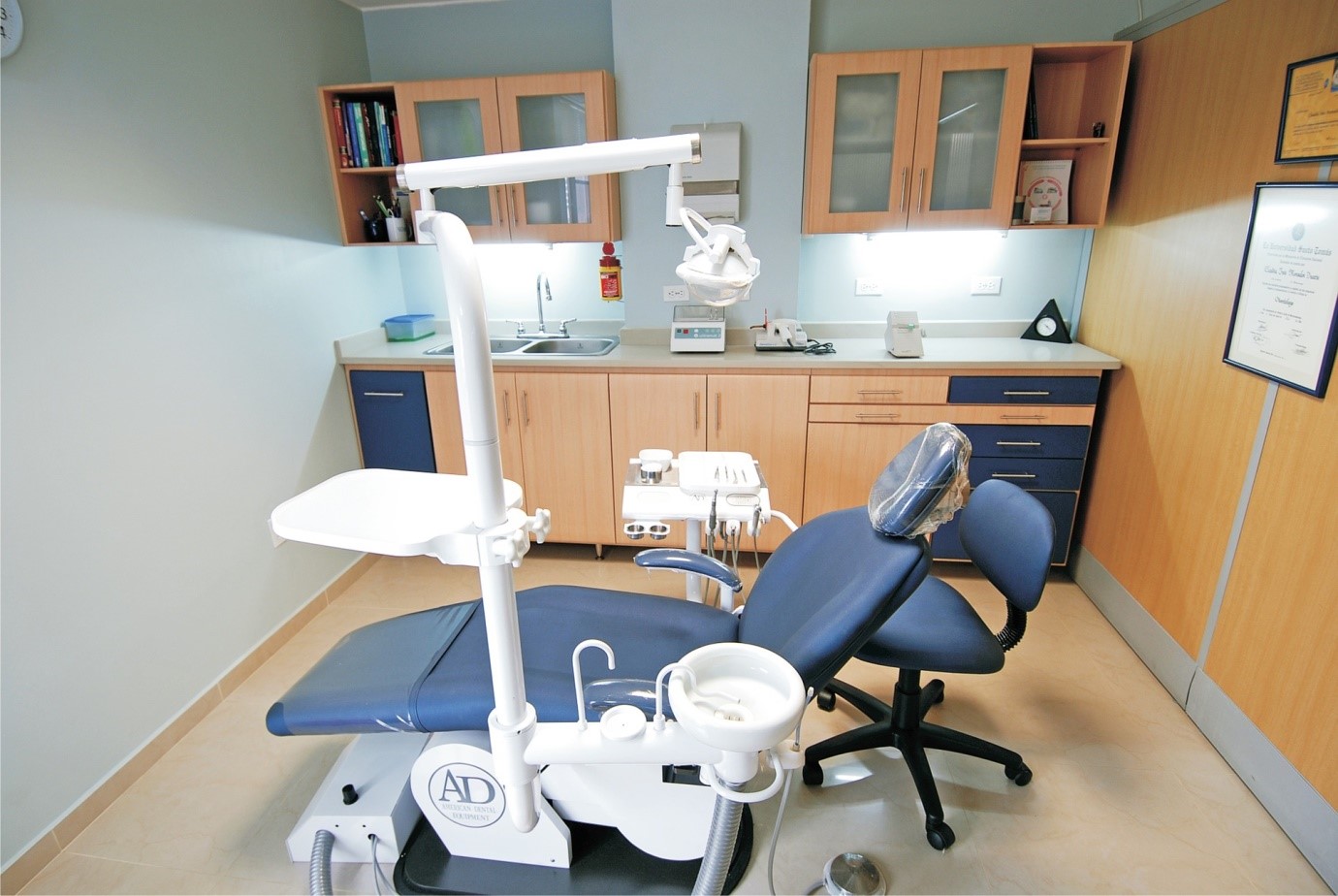
ADA submission on AHPRA complaints mechanism
The Australian Dental Association has made a submission in response to the senate’s Inquiry into the Implementation and Regulation of the Complaints Mechanisms administered under the Health Practitioners Regulation National Law (National Law). The submission provides details in relation to concerns about the impact of vexatious complaints and the time taken to bring complaint investigations to a conclusion.
Points raised by the ADA were:
- The need for a way in which AHPRA can quickly dismiss complaints which appear to have no legitimacy. Following the ADA’s previous suggestion to apply a fee to the lodgment of complaints and to prevent some legitimate issues to go unheard if a member of the public could not afford to pay the fee, there would be processes to only apply such a fee when another health practitioner makes the notification.
- The ADA welcomes the roles of AHPRA, the National Boards and professional organisations in addressing concerns within the medical profession with the complaints process. The ADA also utilised AHPRA’s Professional Reference Group as a forum for discussion on issues that impact across professions.
- There is often confusion and a lack of communication between the bodies that share responsibility for complaints management, which may disadvantage a practitioner if a patient lodges their complaint with one of these bodies rather than with AHPRA. The level of communication between these entities must be greatly enhanced.
- Clarity around the processes for complaint management across jurisdictions should be greater. Under the current legislation, time frames that should be applied to that notification or the process for having it removed is unclear.
- There is a perception that AHPRA adopt a presumption of guilt upon a practitioner once a complaint is made. It appears that that practitioners are given very short timeframes to provide evidence, but then wait long periods of time to know what is happening within AHPRA. Some level of protection must also be afforded to the practitioner until the complaint is established so that their livelihood would not be threatened.
Furthermore, the ADA has recommended that tribunal panels to investigate a complaint be made up of a majority of dentists to ensure that complaints are reviewed by practitioners who understand the scope of practice. Strategies to minimise the number of vexatious complaints, that ensures neither the patient nor the profession is disadvantaged, are also required.
More articles on My Health Career:
- 2015/16 summaries of AHPRA registration and notification information across Australia
- Australian Dental Association priorities for the 2017-18 Federal Budget
- Australian Dental Association shares concerns about MBS Review
- Dentists face legal risks when carrying out complex oral procedures
Image: oswaldoruiz – pixabay
